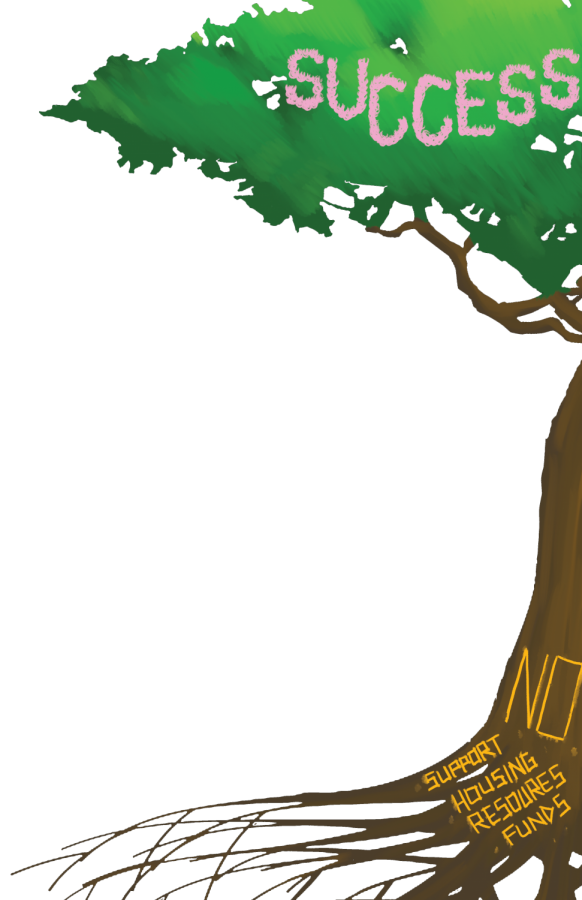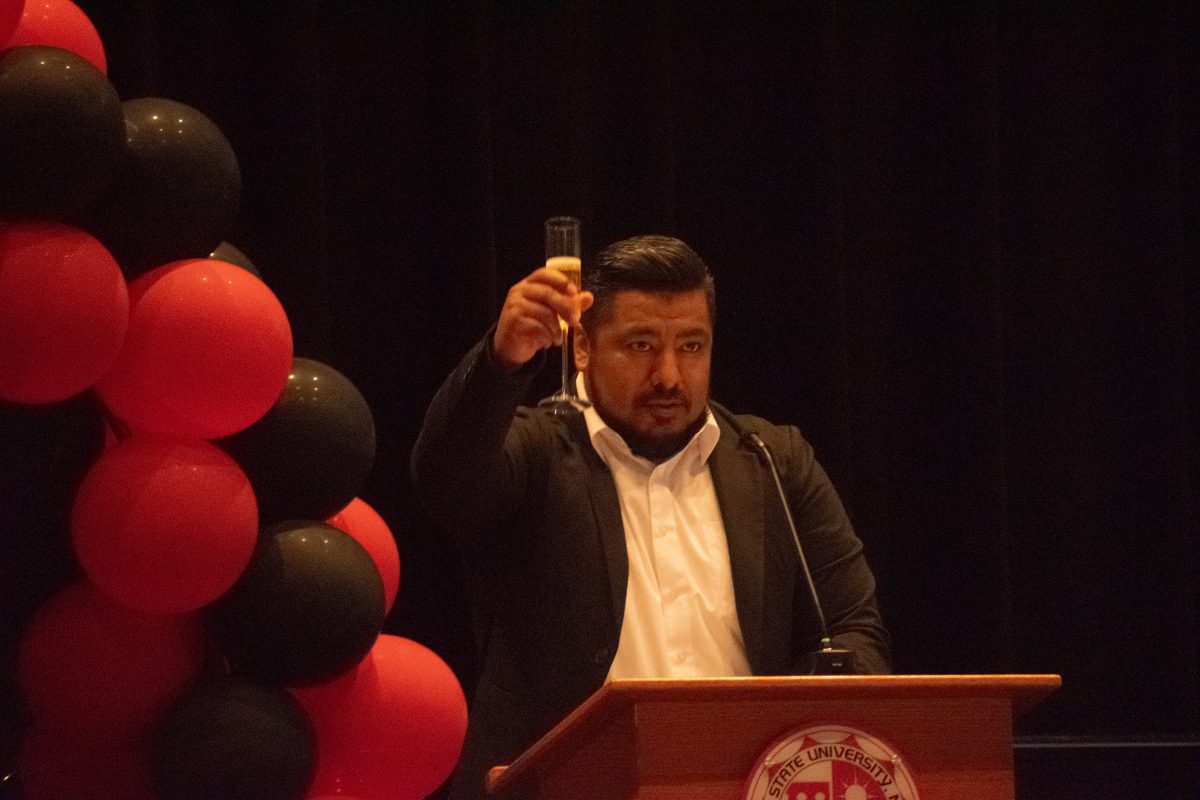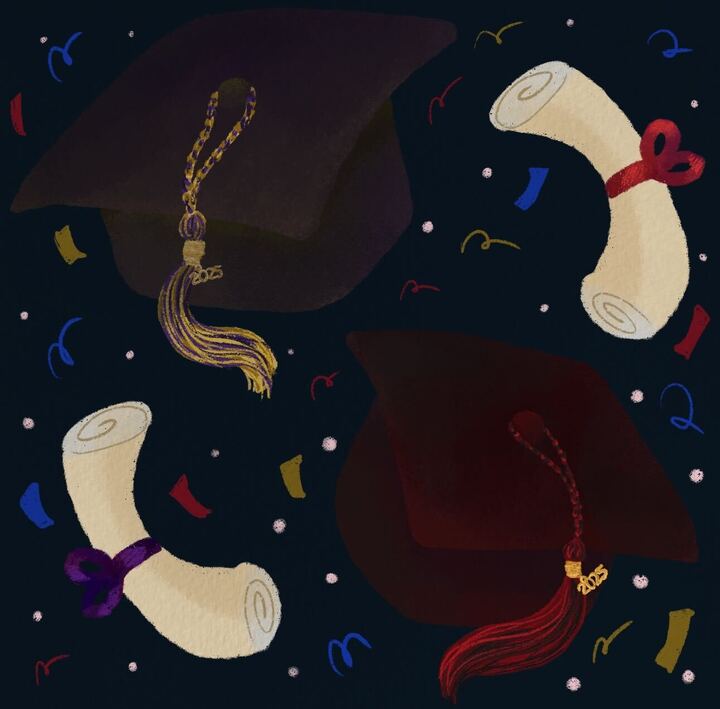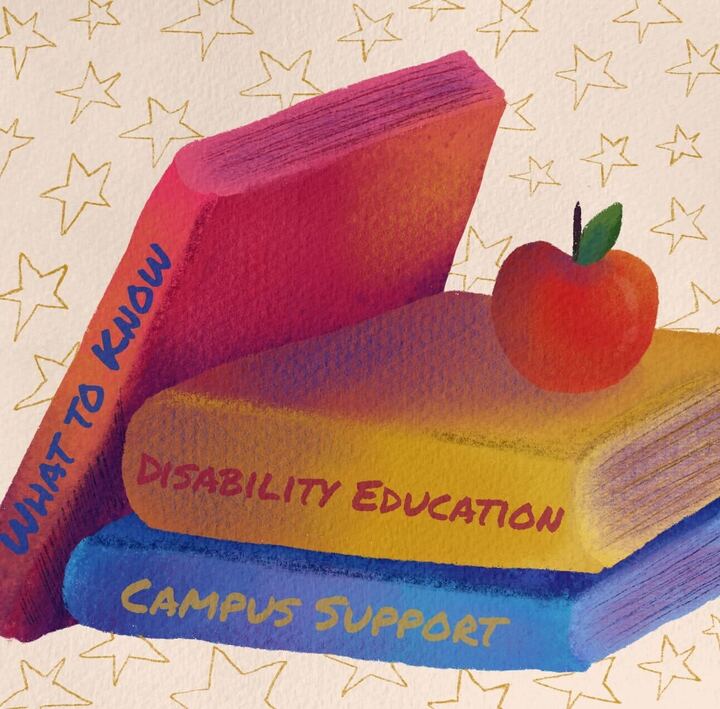I have worked in the Learning Resource Center for three years now. I didn’t know exactly what I would be getting myself into — I just knew that I would be helping people and that was enough. I learned my tricks from shadowing other tutors, like to always take notes for a student and to let the student read their work out loud to catch any errors. I remember the first session I had went by so quick, that 30 minutes flew by, but with practice I learned to keep an internal clock. But that’s not my special skill. What I do best is helping students feel confident about their writing.
I end every session with: “How do you feel?”
“Better. I know what to do now,” they say with a smile and a sigh of relief.
Tutoring is more than just offering assistance on essays, it’s about being there for students who are new to college life in general. Sometimes I’ll take five minutes to ask them about how it’s going with their professors, their schedule, if they work, what it’s like. I want them to know that people here at CSUN do care about their education and personal life. Being a student is the biggest investment one can make for themselves, because you’re either all in or out. Sometimes there’s half-assing, but let’s be real — how long does that last for us?
In my experience, I have picked up a few things about education. The students who struggled with their writing were mostly students of color, and there are many factors that add to their struggle. There are reports out there that prove that a lot of students of color do come from disenfranchised communities, from low-income neighborhoods where their schools aren’t properly funded. The Los Angeles Unified School District tends to have disproportionate funding for schools in different neighborhoods, and it shows.
What’s even worse is that the CSU system has been adding to these problems with Executive Order 1110, displacing students into writing courses that they are not ready for. I know, because I’ve heard it. I’ve heard students tell me, “I don’t think I was meant for this course.”
As tutors, we encounter struggling students from different course levels but because of our limits, there’s only so much we can do. We can be a teacher to students and teach them how to write a thesis. I cannot count the number of times I have had a student tell me, “Wow, I did not learn this in high school.” We can be a guide and show them to campus resources; Purdue Owl is any college student’s best friend. We can be a peer and just listen to students who need to let it all out before we begin our session and remind them that everything will be okay, it just takes time, and to never give up on themselves.
But those who really need to hear this message about not giving up are the administrators, those who make choices for all students that will affect their future. There should be no half-assing student success. They should start from the root of the problem and build their way up by detangling the problems one by one. Taking away opportunities to take stretch writing courses does not work for every student.
Administrators cannot be prescriptive in the way they decide student success, because everyone learns differently, everyone is on their own time and no one should accelerate their time at CSUN or any other institution as a means to improve the graduation rate. Instead, administrators should be asking students how many jobs they have, how long is their commute, what their high school experience was like, what did they learn, what they wished they had learned, what resources they needed back then starting from elementary school, what they were grateful for in high school, which teachers stood out to them and why, what field they want to pursue and why, how many people in their family has gone to college, what’s their housing situation like, who helped them fill out a college application and FAFSA, what they need to be a better student, and so on.
Students want to be heard, they want someone to ask them “What do you need to succeed?” and not be pushed onto different paths of success supported by data. Students are not data, they are people who want to make their difference in the world. There are professors who care so much about their students, but some have also been silenced. The gap between students and administration is getting bigger with the way things are going and professors are bending over backwards to close the gaps.
True change for student success, for students to be sure of their education and to know it’s worth the time, comes from doing the groundwork first. Only then will students be provided with the necessary tools to be confident about their future.












